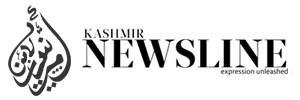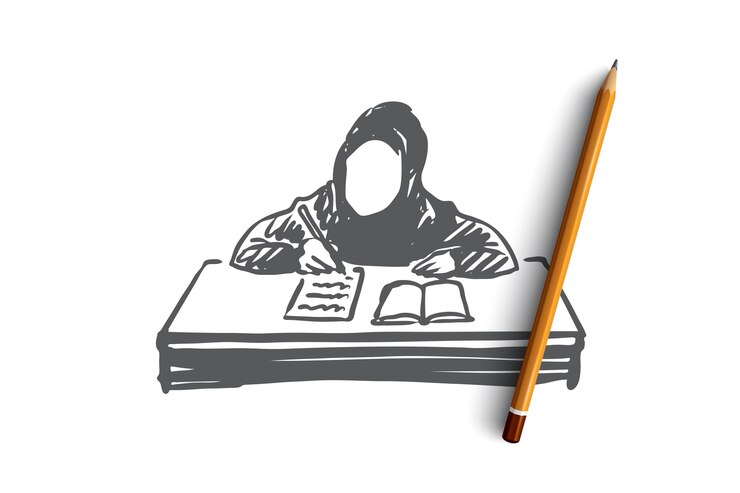Societies can ill-afford to keep women away from education.
Ashok Swain
After announcing that universities in Afghanistan will be closed to women, the Taliban administration has even restricted girls’ education above grade six and closed down private schooling for girls. The aftereffects of this decision will be serious and long-lasting for the country and its people.
Though no other country has been as restrictive about girls’ education as Afghanistan has become in the last year, gender disparities persist in most of the world.
As UNESCO estimates, 129 million girls are out of school, and only 49 per cent of countries have achieved gender parity in primary education.
That number goes down to 42 per cent in lower secondary education and 24 per cent in upper secondary education.
Economic hardship, tradition of child marriage and gender-based violence are often the causes of keeping girls out of school.
Even if girls attend schools, the completion rates are much lower in low-income countries. If the country is affected by conflict and violence, girls are 2.5 times more likely not to be able to join schools compared to boys.
It is not only poverty or conflict, or tradition, that keeps girls out of school. As a Pew Research Center report from 2016 shows, a significant gender gap remains among all religions.
It is not the religion but the country, and its politics and policies, that matter.
The lack of a gender-sensitive school system affects the interest and ambitions of girls to be educated. Schools often fail to meet the safety and sanitation needs of girls.
Some democratic countries, even in Europe, in the name of secularism, create dress codes for classrooms that put additional challenges for girls to attend schools and colleges.
Restricting girls from attending schools and universities is not something new. Universities in Denmark allowed women to enroll in 1873, and in Sweden, it was 1875. Women had to wait till 1920 to study at the Oxford University.
Though the world’s leading educational institutions no longer bar women, there is no doubt that women and girls have less access to education in many parts of the world.
Less than two-thirds of women are in paid employment globally compared to 93 per cent of men, as higher education remains out of reach for many females.
Napoleon once said: “Give me an educated mother, and I shall promise you the birth of a civilised, educated nation.” Investing in girls’ education transforms societies and countries.
Both the individuals and the countries benefit from girls’ education as an educated woman is likely to have fewer children, will not opt for early marriage, and their children will be healthier.
They will earn more, be willing and confident to make decisions that affect them and build better future for themselves and their families.
Education is a fundamental right. Discrimination against girls and women results in denying them their basic rights. Nearly half of any country’s population is women; keeping them uneducated is a huge loss.
India’s literacy rate is 77.7 per cent, and while the male literacy rate is 84.7 per cent, the female literacy rate is only 70.3 per cent. If all the girls in India can study and participate in the workforce, India is expected to add at least $770 billion to its GDP by 2025.
According to a World Bank report published in 2018, limited educational opportunities for girls and difficulties in finishing twelve years of education cost countries between $15 trillion and $30 trillion in lost lifetime productivity and earnings.
On average, women with secondary education are more likely to engage in paid work and earn twice as much as women without any education.
So, educating girls is not only the right thing to do, but it also becomes a major contributor to the economic growth of a country.
Therefore, ‘Gender Equality’ and ‘Quality Education for All” are parts of the UN Sustainable Development Goals, and these two aims connect to many other aspects of the progress of a society.
Educated women are a vital component of the political development of a country. A woman with an education is more likely to participate in political discussions, meetings and decision-making, which promotes a more effective and representative governance system.
Research shows that in a society where women have achieved parity with men in education, governments and other institutions function better.
Back in July 2015, Barack Obama advised the leaders of African countries that they must educate their girls if they were to be prosperous.
Unlike the Taliban in Afghanistan, political leaders in low-income countries must do everything to encourage and support girls’ education, as the very progress of their nations hinges upon the education of their women.
Ashok Swain is a professor of peace and conflict research at Uppsala University, Sweden. This write-up has been reproduced with permission from Gulf News.


